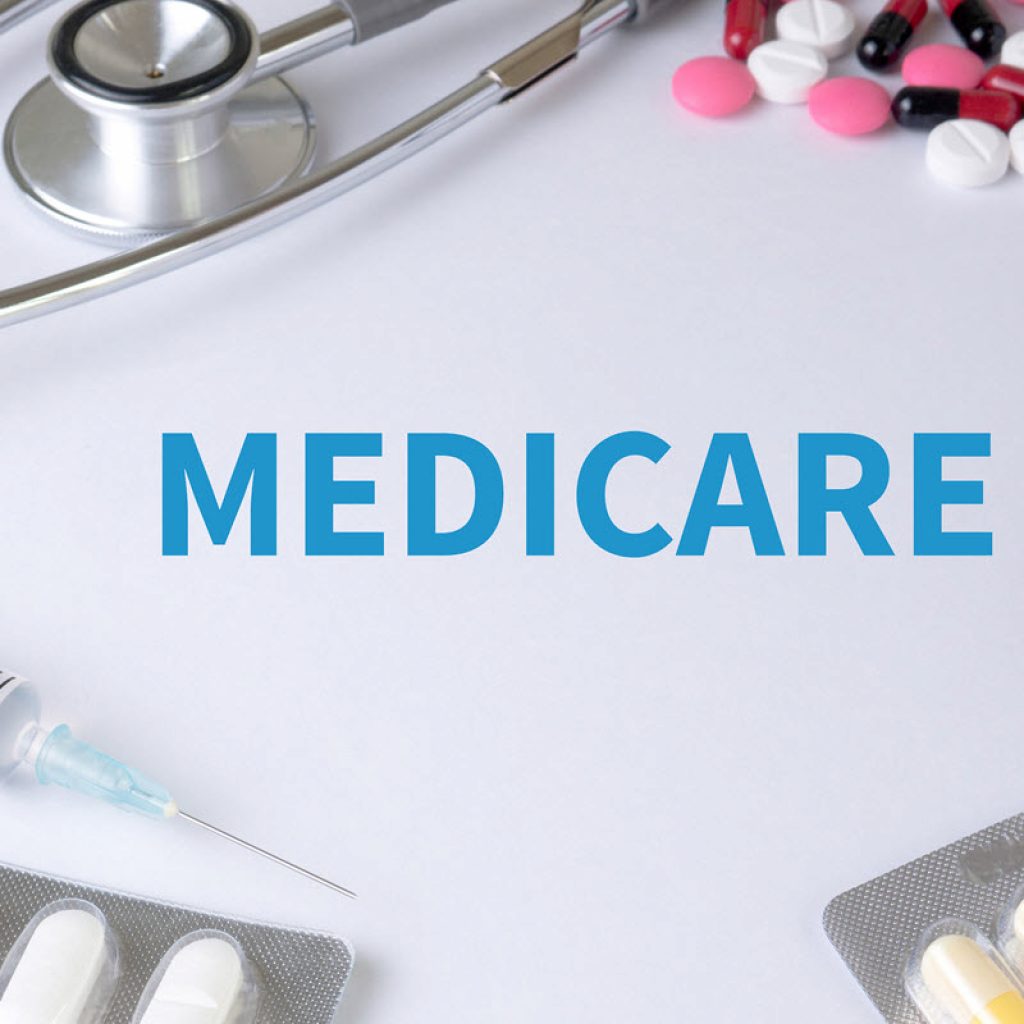
In a further push to level the earnings field between General Practitioners and other specialists, the Royal Australian College of General Practitioners (RACGP) last month released a report on recommendations on professional attendances items used in general practice.
It is one of five reports the RACGP has provided to the Medicare Benefits Schedule (MBS) Review Taskforce regarding all general practice MBS items with recommendations to reflect current practice, better support patients and increase efficiency in the general practice sector.
The professional attendance items report highlights a disparity between scheduled fees for care provided by GPs and by other medical specialists. The report states that GPs spend a minimum of nine years in training to the 11 years training of other specialists but according to MABEL data, in 2015 GPs earned nearly $200k less than other specialists. Consequently, the RACGP is calling for a loading of 18.5% to be applied to GP consultation items to bring them into line with medical specialist consultation items.
Unlike other medical specialists, GP consult rebates are time-tiered. Research has found that GPs spend 50% of consulting time in 10-20 minute consultations and a third in consultations greater than 20 minutes in length. Around 2.5% of consults are greater than 40 minutes in length which is covered by the level D prolonged consult item. The RACGP has made a recommendation to extend the time-tiered scale to include level E attendance for consults of one hour or more to allow GPs more time to deal with patients with complex chronic conditions.
Other recommended changes to the Medicare Benefits Schedule (MBS) include:
- Introducing consistent time-tiers across all medical professionals using the MBS.
- Modernising consultation items to include telehealth and e-health services.
- Better recognition of practice nurse time.
- Improved formula for calculating MBS rebates when GPs conduct residential aged care, home and hospital visits.
- Simplification of Chronic Disease Management items.
- Support community case conferences by creating a new item for consultations between a GP, the patient and the patient’s carers.
- Create an item for a health assessment in the home for patients aged 75 and over.
- Address the specific health needs of vulnerable children by broadening health assessment items.
In total there are 19 recommended changes or requirements which were submitted to the MBS Review Taskforce earlier this year. The full report can be obtained via the Royal Australian College of General Practitioners.
